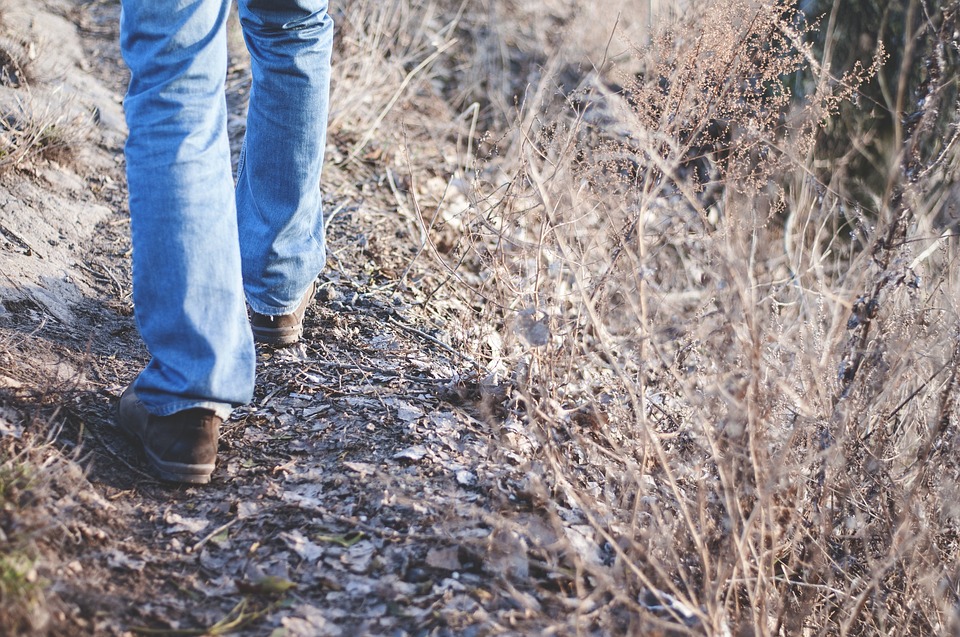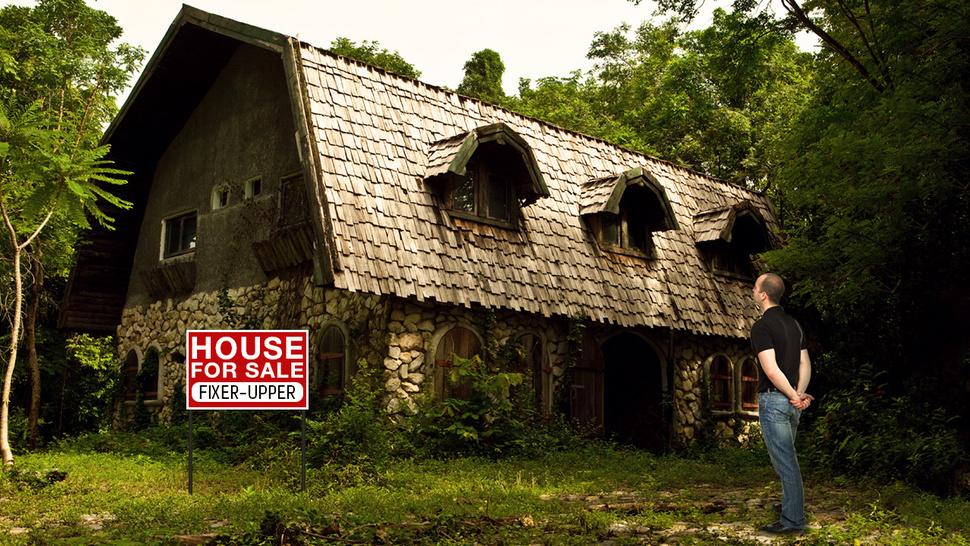
Many people recognize that preparing for an uncertain future is wise, but far fewer actually do it due to cost. All that food, water, gear and equipment isn’t cheap.
Fortunately, there are other ways that you can prepare for the unknown without hardly spending a dime:
1. Research the biggest risks of your area. How much does it cost to surf the Internet or visit your local library? Nothing. If you’re serious about prepping and survival, you need to be ready to invest countless hours into research. Specifically, you need to focus on researching the biggest risks that your local community or area faces so that you know which type of disaster is most likely to occur.
2. Have a plan. Simple, right? You should always have plans written down for specific scenarios before they occur so that you’re more ready when a crisis does hit. Other than the cost of the paper and the writing utensils, writing down a plan is completely free.
3. Learn how to reuse basic items. There are numerous items, lying around your house right now, that you can apply to a survival situation. You can make miniature grills out of Altoid tins and torches out of drinking straws, and use dental floss as fishing line.
Paratrooper: The Survival Water Filter That Fits In Your POCKET!
Learning how to use these items in a survival situation, and then actually practicing to use those items, will pay off long-term.
4. Set aside cash. Think of it as saving money rather than spending it. Over the course of a long-term disaster, you might not be able to access the funds in your bank. Offset this by setting aside a few bills each week into a large jar. You’ll be surprised at how fast it will grow.
5. Build improvised weapons. Survival naturally requires you to be creative, and a major priority in a survival situation is security. Therefore, it makes sense that you may need to get creative in regards to how you defend yourself. Learning how to build improvised weapons, such as a bow and arrow (out of sticks) or a spear (with little more than glass shards and poles) can be a fun activity.
Story continues below video
https://www.youtube.com/watch?v=vVzPIPR9O0k
6. Learn advanced first-aid skills. Every injury, no matter how small, requires attention in a survival situation – simply because it can develop into something far worse if it goes untreated. You can learn advanced first-aid skills on your own time without spending any money.
7. Pre-assign survival roles to your family. Everybody in your family, or your entire survival group for that matter, needs to be contributing to your survival efforts. If you pre-assign roles to your family members now, you’ll save a lot of time and confusion when the survival situation actually does occur.
8. Learn how to start a fire without fire-starter. Anybody can take a match or a lighter and get a fire going, but very few can start a fire with two sticks. Learn about the different ways that you can start a fire without fire-starters, and then practice using this method in a safe environment. It will be an incredibly valuable investment of your time.
Story continues below video
9. Learn how to mend clothing. Taking care of your clothing will be essential in a long-term survival situation when stores may not be an option. Learning basic knitting or stitching methods will be well worth the effort – and it’s a good way to pass the time when you’re bored.
10. Practice. The old saying goes that practice makes perfect, right? Don’t just learn how to survive. Actually practice what you have learned. While this tip has become a little clichéd in the survival world, it’s still completely relevant.
What would you add to our list? Share your tips in the section below:
Learn How To ‘Live Off The Land’ With Just Your Gun. Read More Here.









